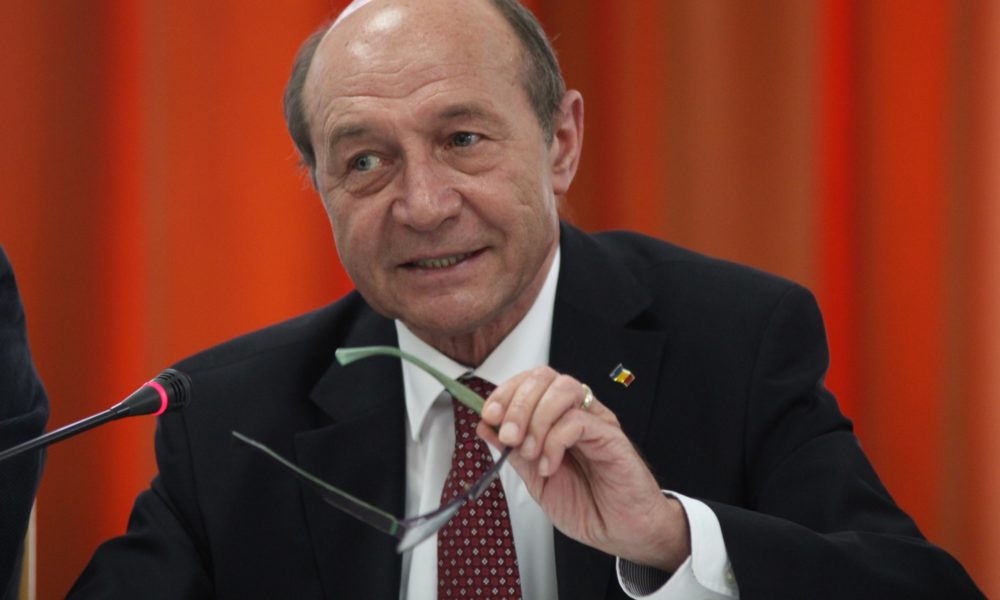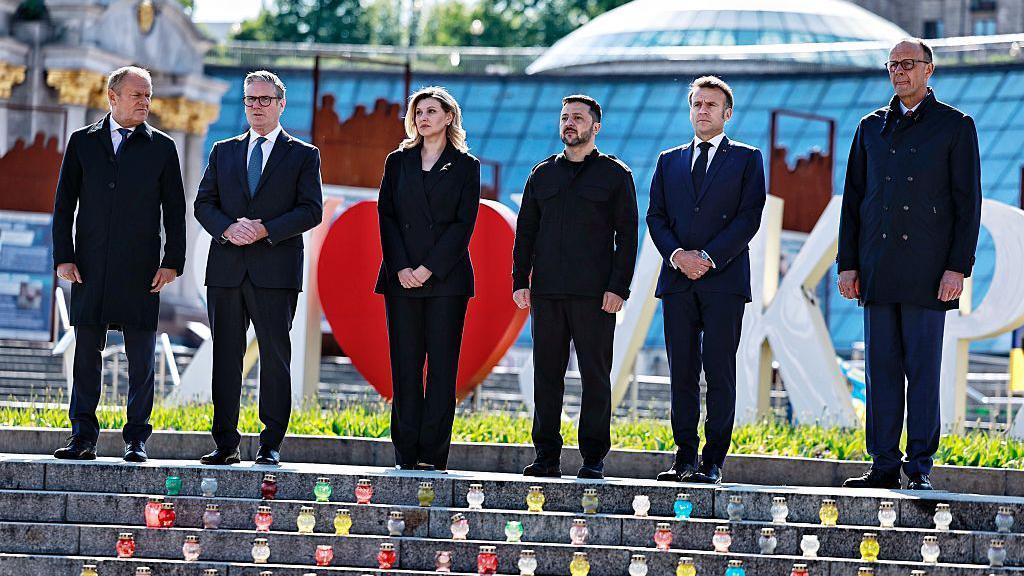Radev and the Special Operation « Referendum »

| The best-wise reading would define them as a call for the mobilization of the anti-European forces in Bulgaria and perhaps the start of a party political project by Radev, which will step on the accumulated capital from the special operation « Referendum ». |
Choosing a date to announce the idea is also important. Europe Day coincides with Putin’s military parades, which in the current situation is mostly the search for international support and justification for the « special operation » of Russia in Ukraine. On yesterday’s edition, the big star was Jinping, to whom Putin was tightly adhered. President Radev did not make a body to Fico and Vucic, but she clearly showed the announcement of the referendum in whose system he sees his place.
Re: Referendum on the euro: Democracy and a sense of justice
Why it’s not about democracy
Radev claims that his action aims to make an important decision for the country with Consensus. In fact, this is not possible in any country: there would also be a serious opposition for any key policy in the normal case. But let’s just say that the goal is the maximum democratic legitimation of a solution. Radev claims that despite the numerous pronouncements on the euro of completely democratically elected Bulgarian bodies, this is not enough. According to him, a referendum is needed because the confidence in these organs is low.
| In the last four years, we have held seven times parliamentary elections and each of them has produced pro-European majority, which are also pro-European. In such a situation, it should be argued that euro area membership has no democratic legitimation, is unjustified and manipulative. |
President Radev claims that a possible referendum will compensate for the lack of sufficient information from people about the euro. It will allow the citizens to be further convinced of the benefits of the common currency. There is a large dose of hypocrisy in this argument, because if one very much wants to convince citizens of the euro positives, he or she should do it without a referendum. In fact, the referendum is those against the euro. And Radev, who claims to be a special case.
Euro clarifications: what is digital euro and why use it
Constitution
In the end, referendums can be made for the country’s internationally poets. We have agreed that we will accept the euro as we meet the relevant terms. At the moment, we are most likely to be fully responding to them, and if we receive an invitation to the euro area based on the fulfillment of these conditions, we must accept it. This is the legal side of things and there is no room for a referendum. The Constitutional Court has also ruled in this direction, though in a slightly different context.
Party positioning
It is clear that there will be no referendum, as such a decision will not be taken by the National Assembly.
| But there are several political goals of Radev’s operation. First, some disturbance will be brought into the ruling majority. |
ITN and BSP may decide to stand on Radev’s side on this issue. This will make the votes of PP-DB decisive if we assume that GERB and « New Beginning » will be monolithically against the referendum. It is unlikely that ITN and the BSP will come out of the government for this issue, but anyway some bustle will be created. At the very least, there will be an occasion – serious enough – to fall the government and go to new elections, which in itself is a destabilizing fact.
Radev suggested a referendum about the euro: political reactions in and against
Second, Radev became a spokesman for Eurosceptics with this move and brings together the Eurosceptic opposition in the country. « Revival », « sword » and « greatness » are not a big deal, but if Radev stands behind them, it turns out to be a more cosmeous and more consumer group. With open valences to ITN and BSP, which also enables expansion to the political center.
Third, it becomes clear what a party Radev will try to make: she will be more central than Renaissance, but more European than the BSP and ITN.
| The special operation « Referendum » will actually be the platform on which Radev’s possible party project will step. |
Interestingly, with this positioning he lost one of his most promising associates – Zarkov. Which means that Radev’s project will use Russophile and Eurosceptic politicians.
It should be known that the euro area is an anchor that would withstand the Bulgarian European course. Some have already navigated the telomium of the parade in Moscow. Others – only spirit. Some are trying to cut the anchor rope with a blade. Others – with a referendum.









